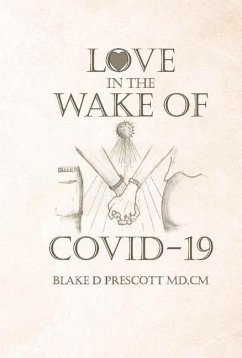
Thriving in the Wake of Trauma
A Multicultural Guide
Versandkostenfrei!
Versandfertig in 1-2 Wochen
52,99 €
inkl. MwSt.
Weitere Ausgaben:

PAYBACK Punkte
26 °P sammeln!
Race, ethnicity, sexual orientation, migration status, religion and many other cultural factors play an important role in recovery from a traumatic event. However, most conventional attempts to help people recover from trauma do not anticipate or address these factors. Here, a psychologist describes how to recognize the cultural issues that need to be considered for healing. She offers vignettes illustrating these issues, as well as activities for traumatized people to regain their sense of self-esteem, safety, strength and calm.












